OUR MISSION
We elevate the voices of Neurodivergent people to help them flourish and thrive
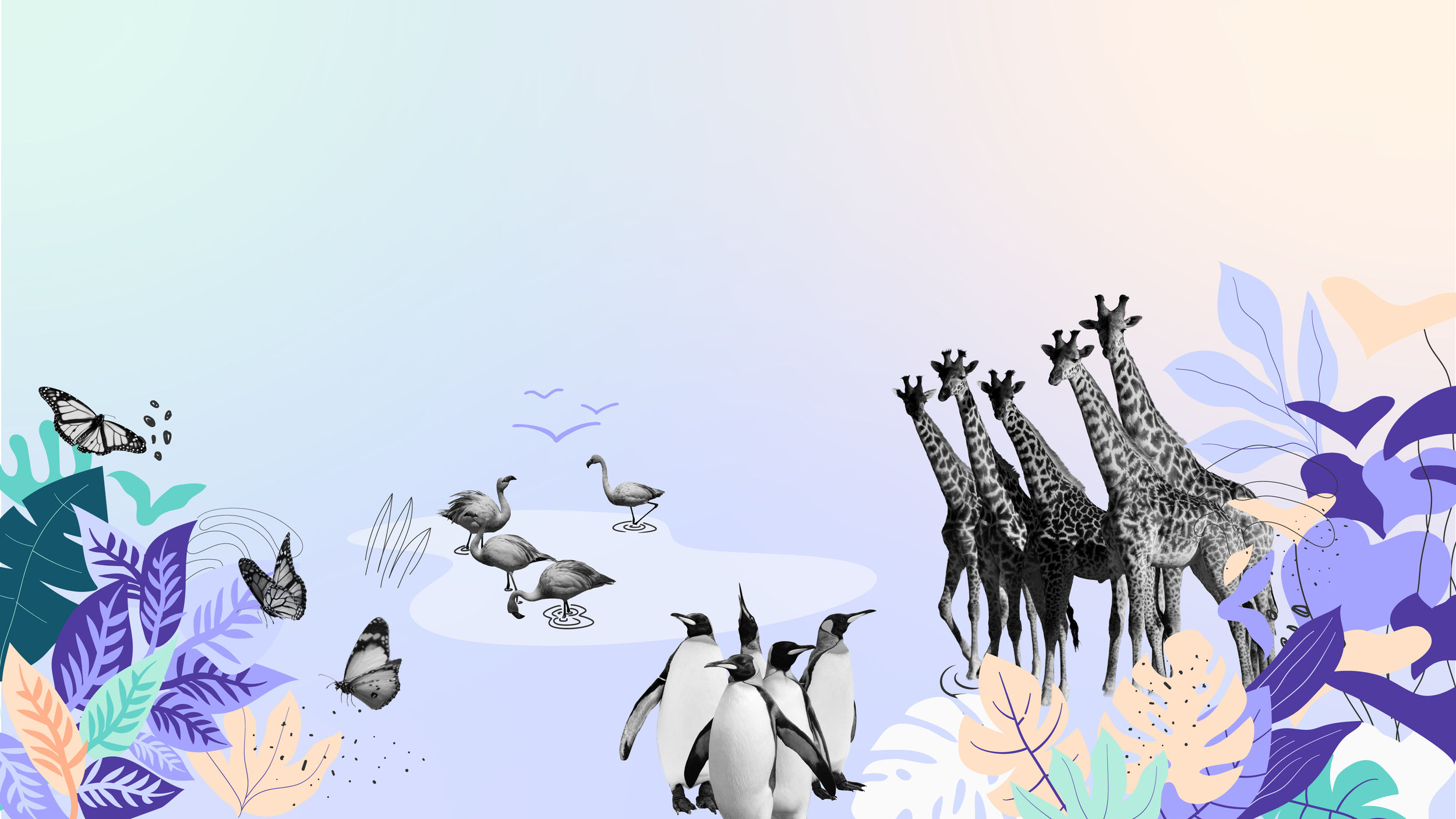
MEETUP GROUPS
Find your community
Explore our monthly online meet-up groups—spaces for Neurodivergent folk to connect and share experiences.

JOIN our campaign
We are against the use of Positive Behaviour Support and Applied Behaviour Analysis for Neurodivergent people and people with a learning disability. We believe better, more compassionate approaches exist.
Our consultancy expertise
OUR MISSION
We are here to support change that enables Autistic people to flourish.
We are here to elevate Autistic and other Neurodivergent voices. Our work is focused on sharing solutions, helping others understand, and promoting different ways of working.
Our training curriculum
OUR WORK
We believe that Autism is a difference, not a disorder.
There’s a lack of understanding about the challenges that Autistic people face, and what needs to be done differently to ensure they can thrive. Our work aims to change that.
NdC Journal
OUR VISION
We want to create positive change in society, not just in hospitals.
We recognise that opportunities for creation, connection, fulfilment and purpose help Neurodivergent people live happy, healthy and meaningful lives in the wider community.


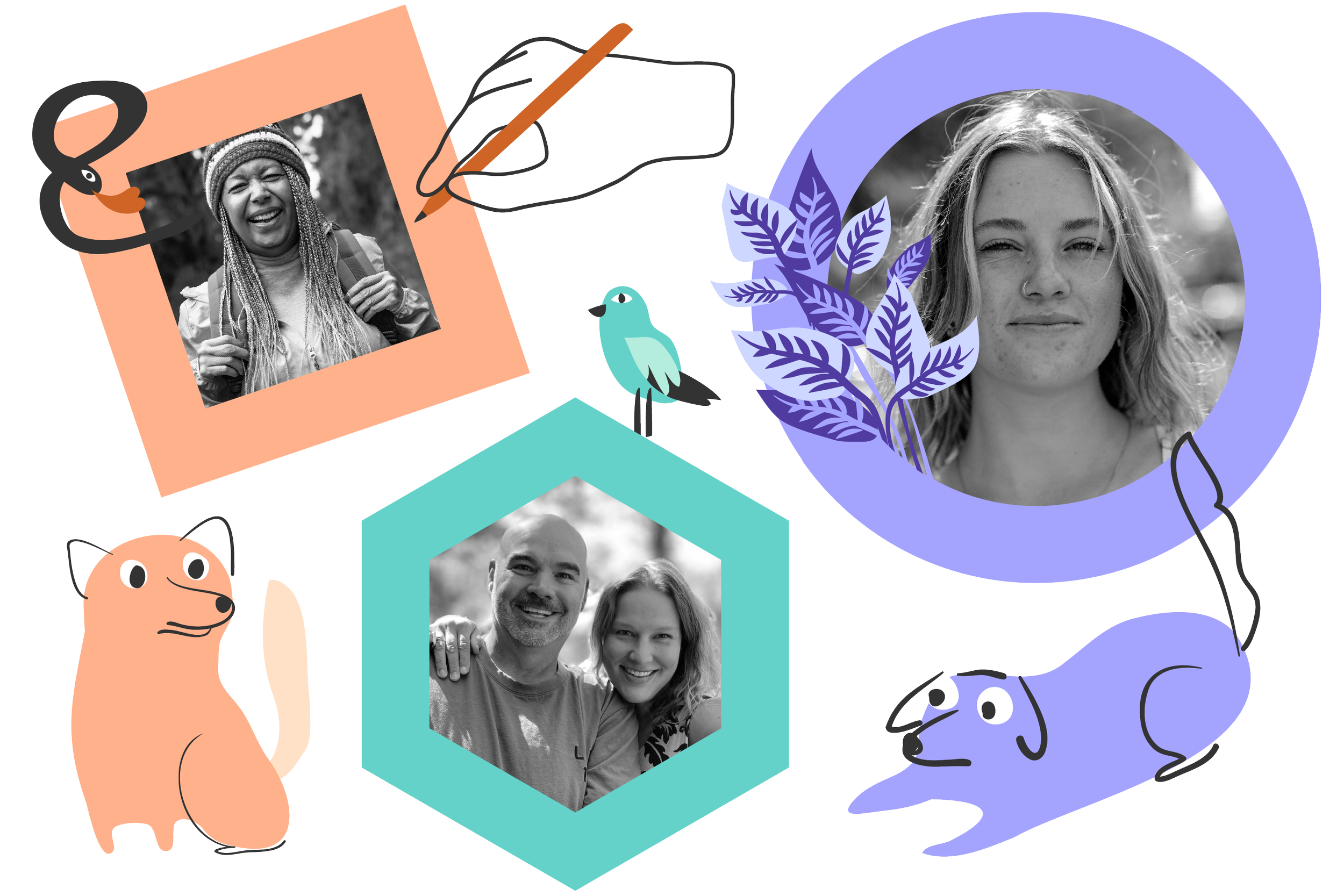
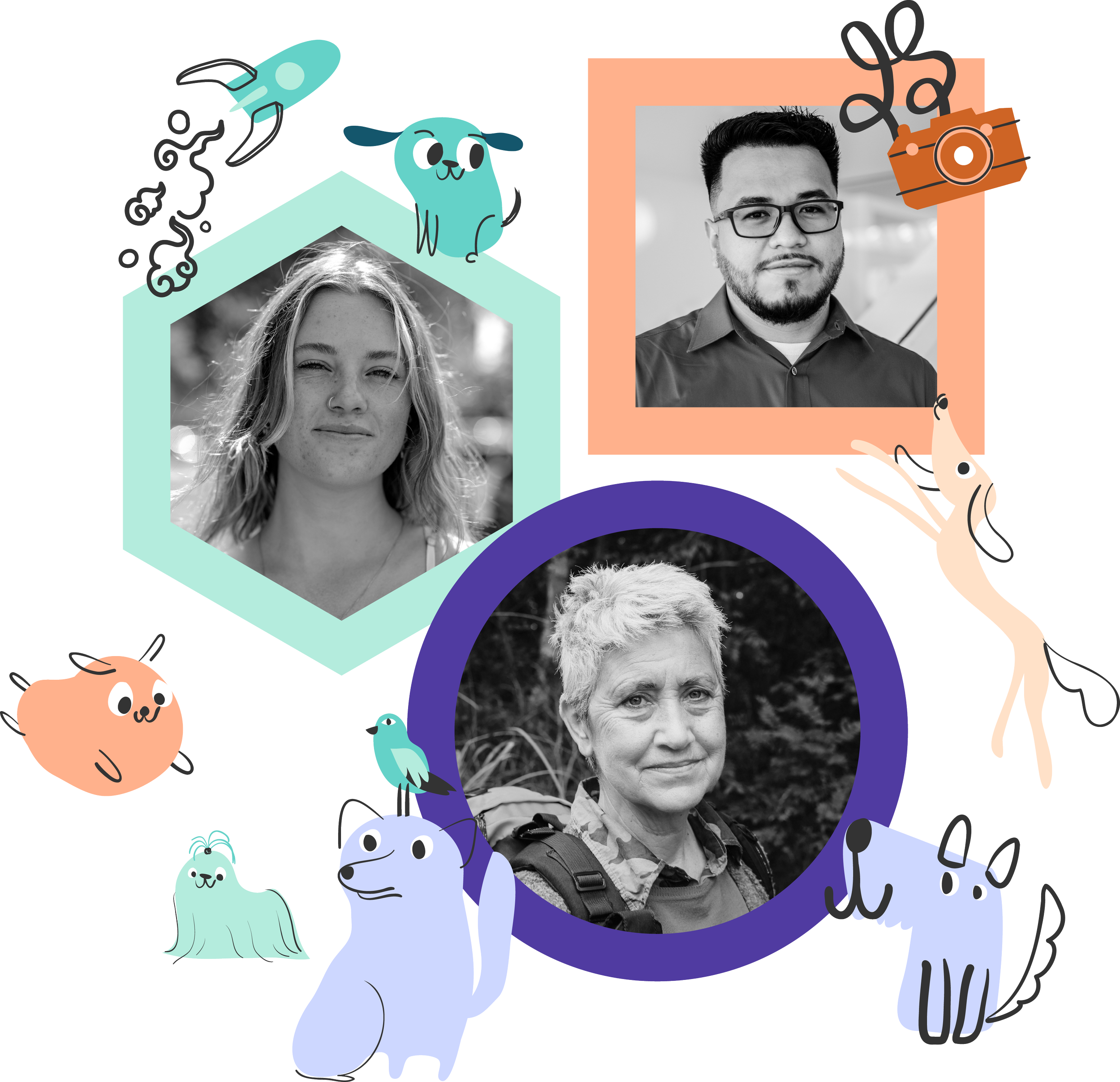


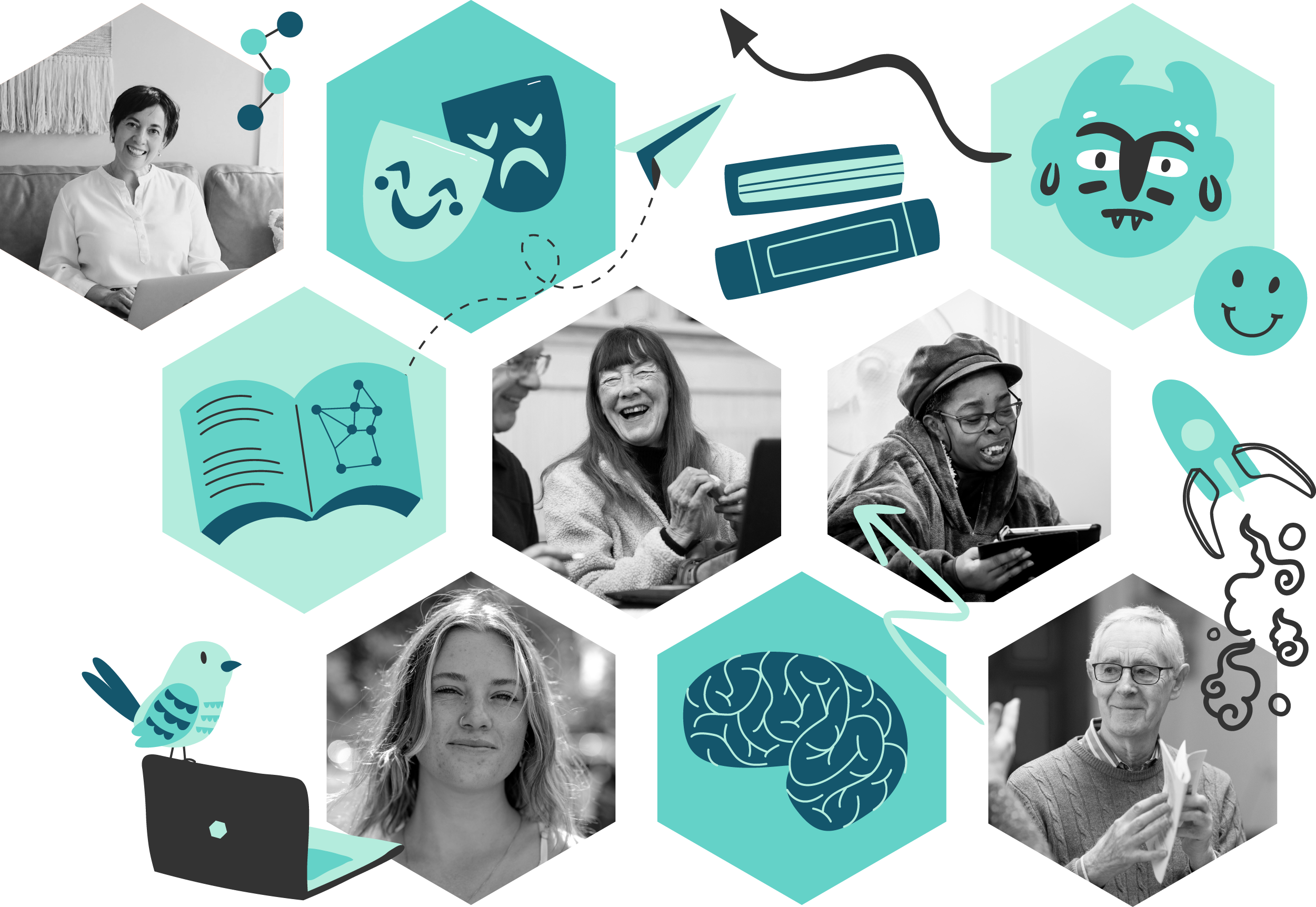

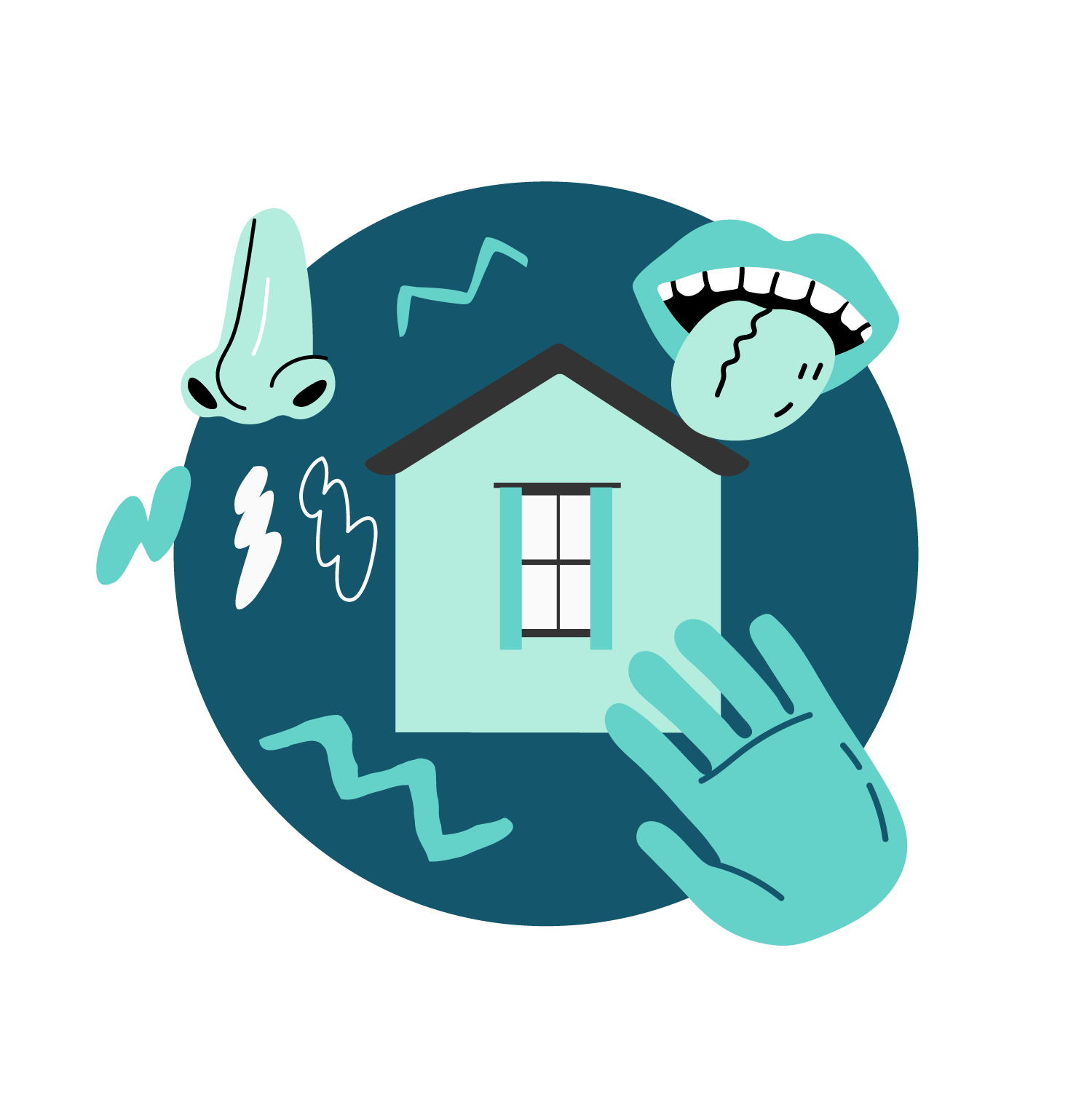
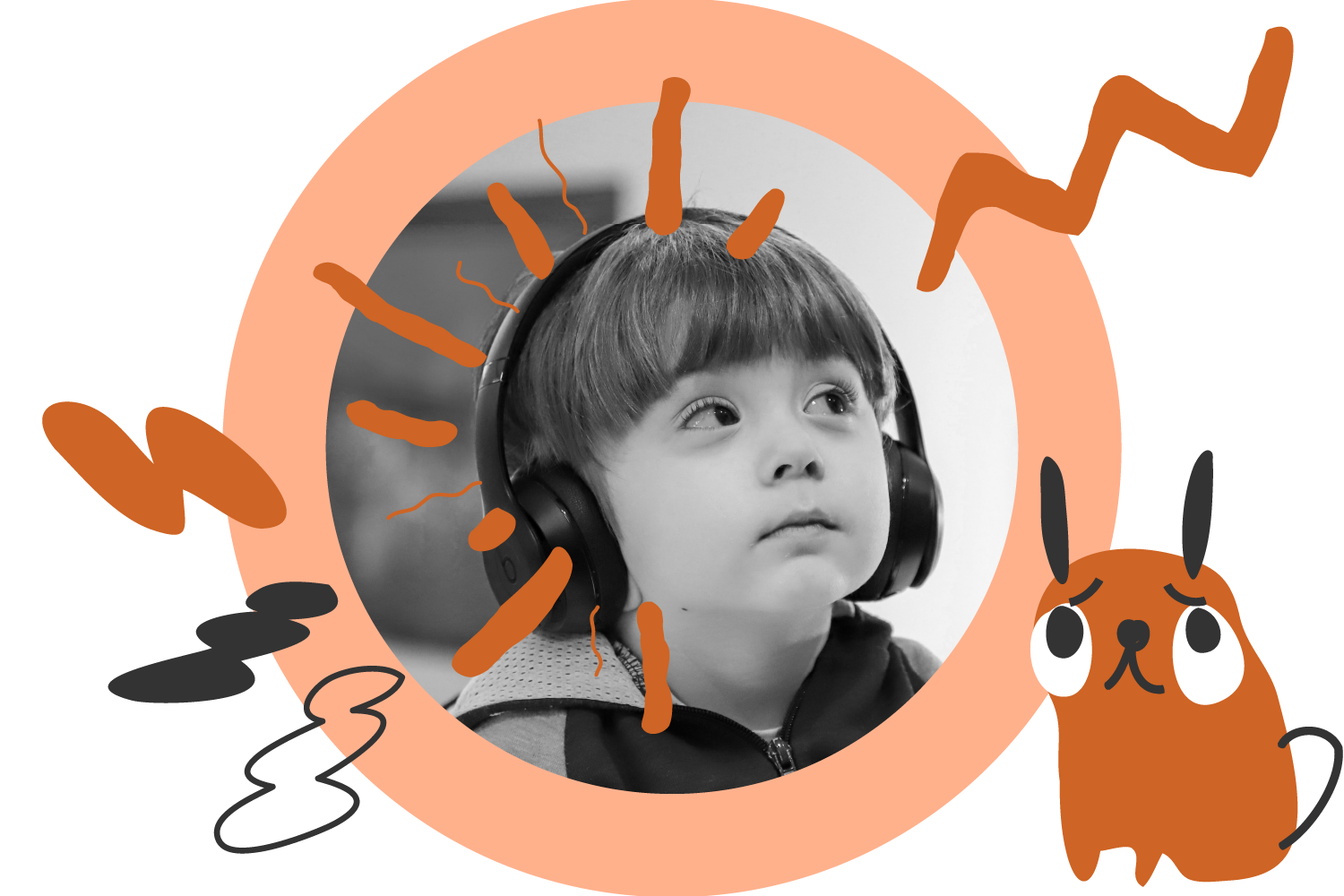


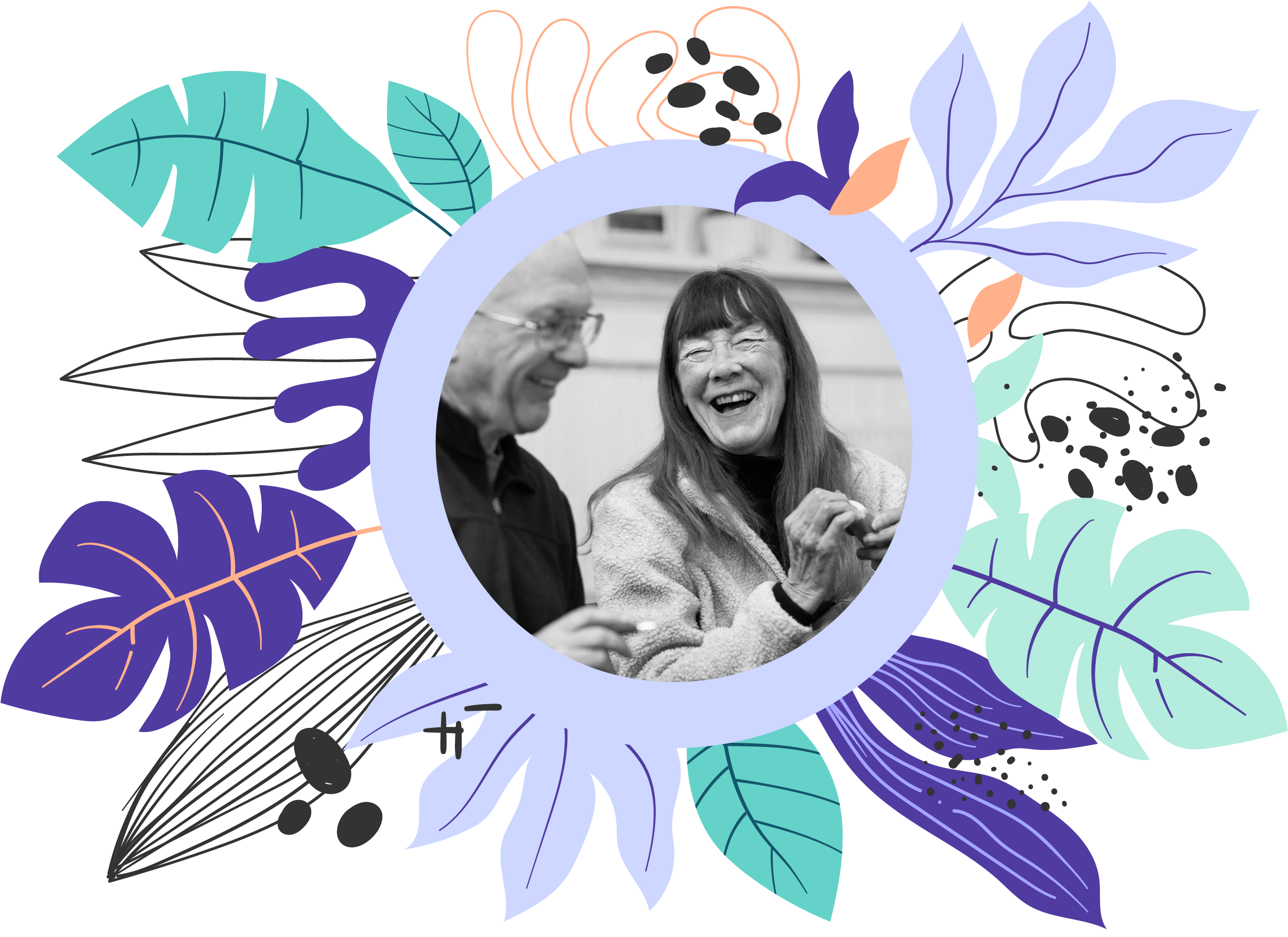








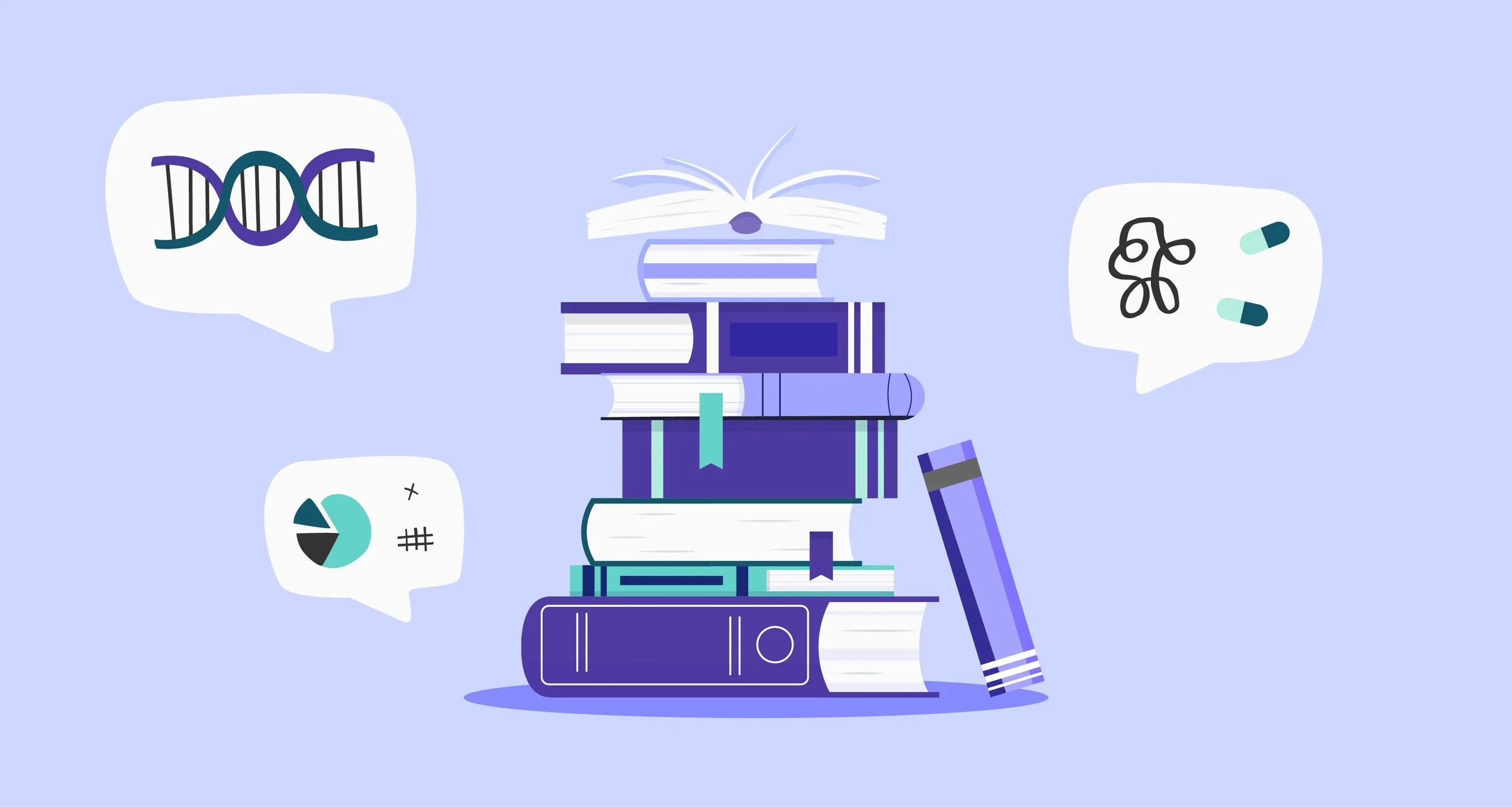
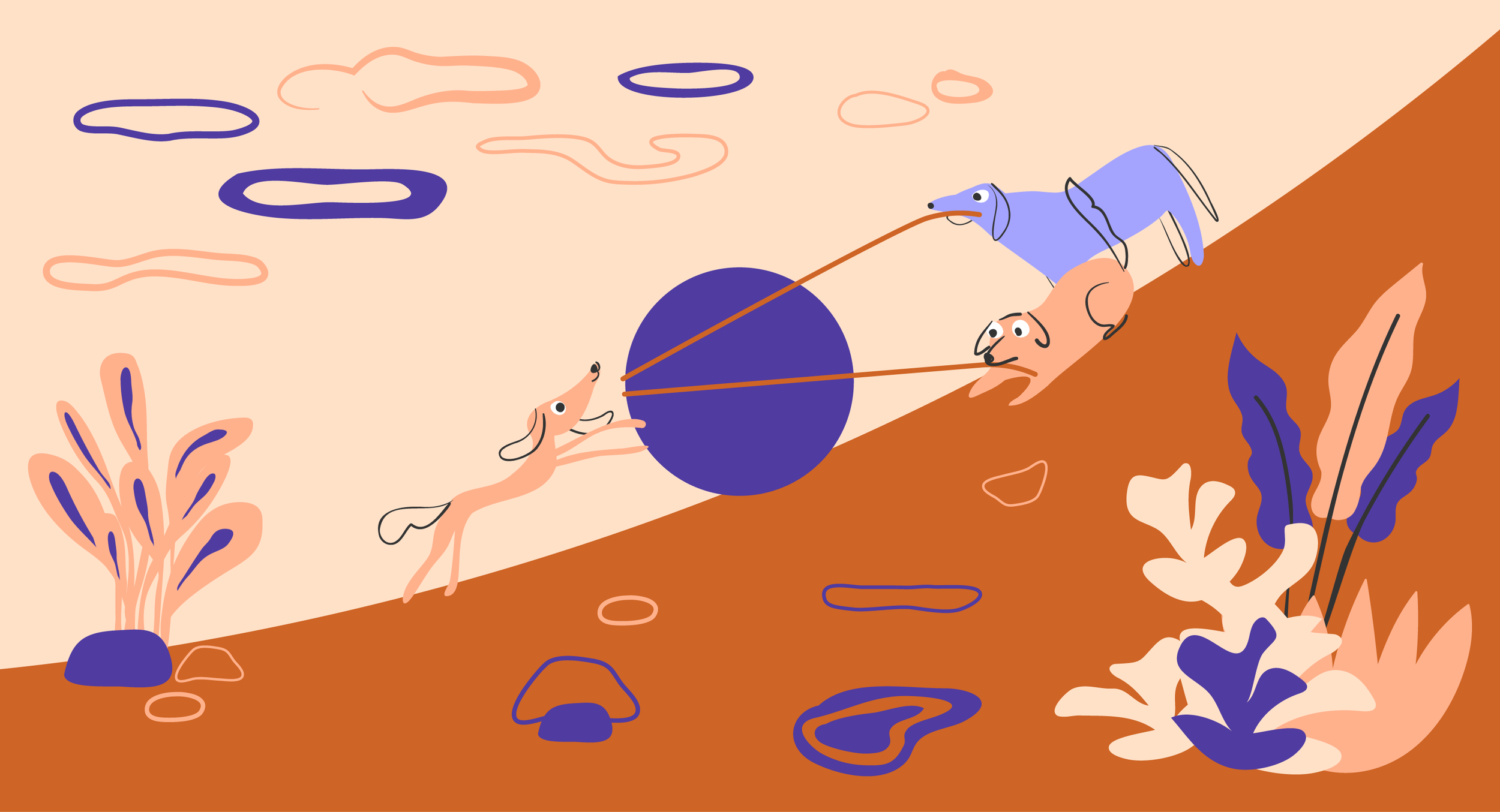

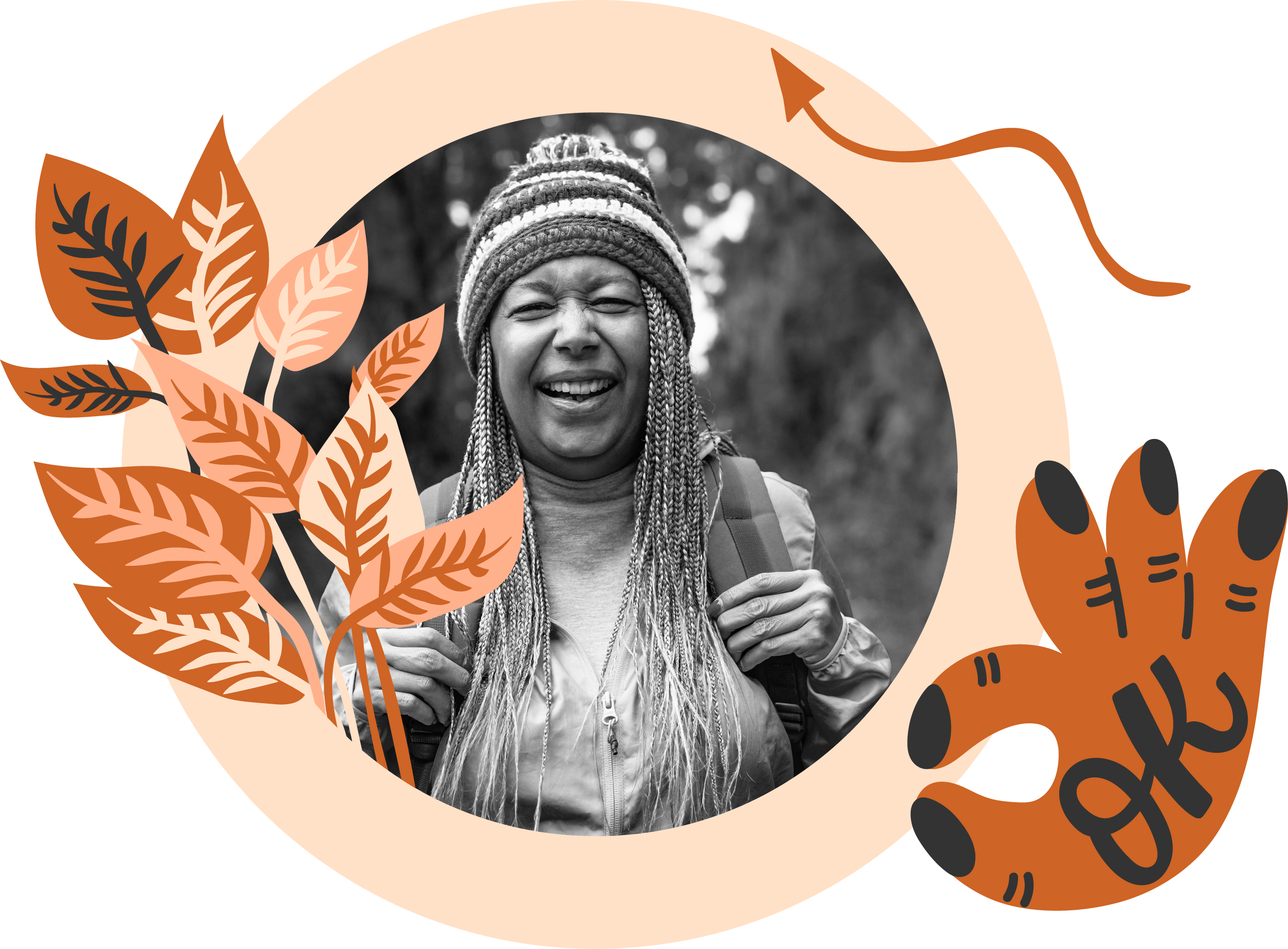
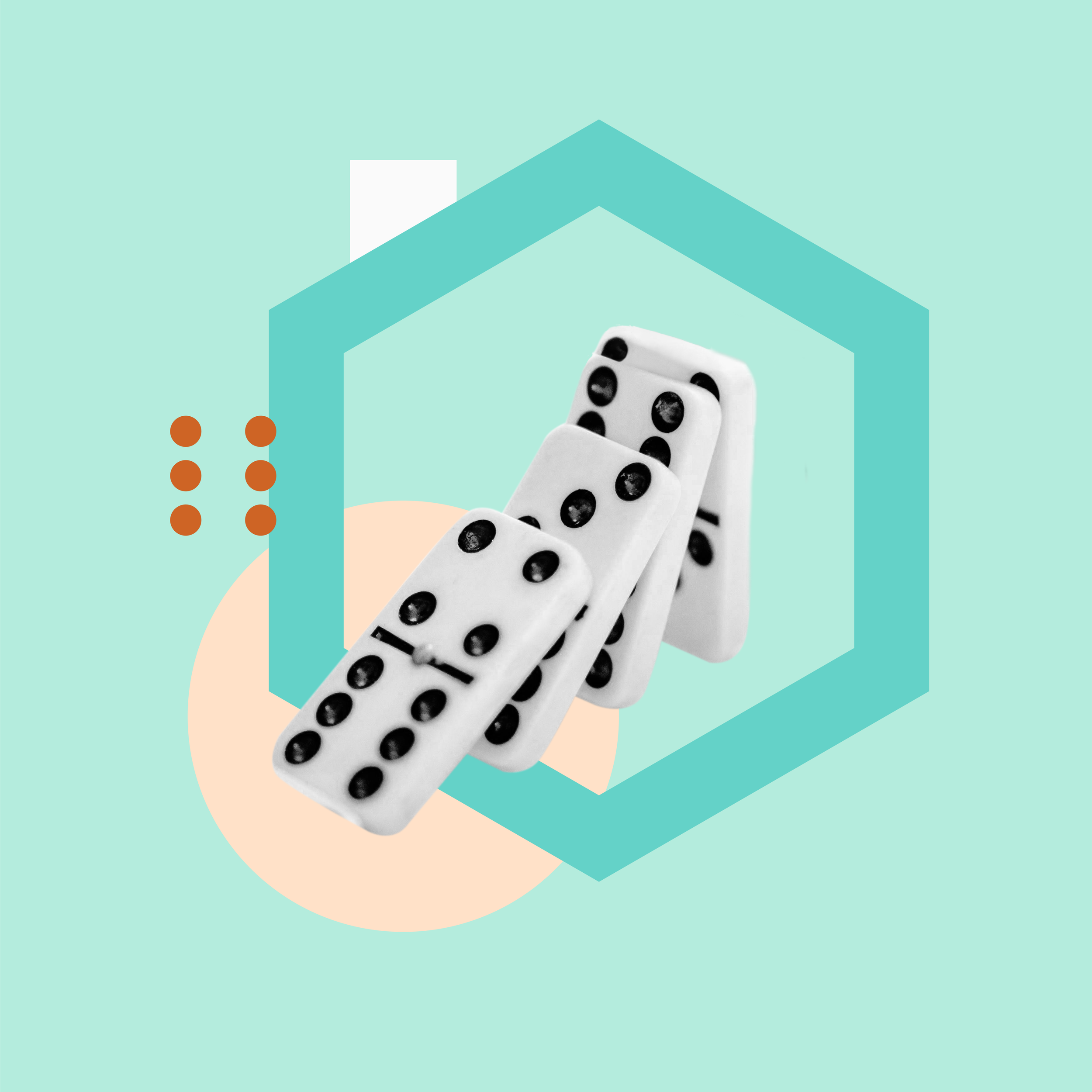






Neurodivergent educator Zoë Austin reflects on her lived experience working within the UK education system and supporting autistic and ADHD children, families and students who are too often failed by it.